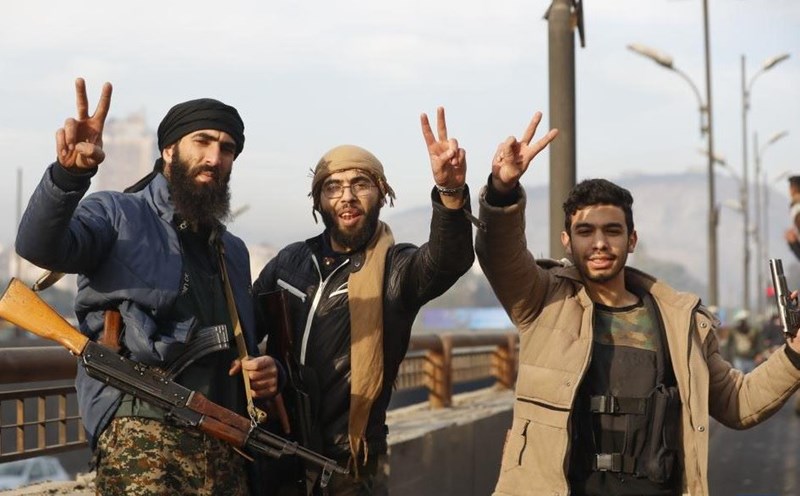The Times of Israel reported on December 12 that the Israeli military is preparing for potential attacks targeting Iran's nuclear facilities.
The newspaper commented that recent Israeli airstrikes aimed at disabling Syria's air defense system are seen as a move to pave the way for a campaign targeting Iran.
Israeli officials believe Tehran could accelerate its nuclear program to restore its strategic position in the region, especially after the collapse of President Bashar al-Assad's regime in Syria.
However, Iran has always maintained that its nuclear program is for peaceful and civilian purposes only, contrary to Israeli Prime Minister Benjamin Netanyahu's accusations that Tehran is trying to develop an atomic bomb.
In 2015, Iran signed a deal with five nuclear powers (France, the United States, Russia, China and the United Kingdom), allowing close monitoring of Tehran's nuclear activities in exchange for the lifting of some sanctions. However, the United States withdrew from the deal in 2018, leaving the commitments uncertain.
According to multiple sources, Israel considered attacking Iran’s nuclear facilities in response to Tehran’s missile launch on October 1. However, this plan was not implemented, and instead, the “Days of Repentance” operation in October, targeting Iranian military bases in the region, was launched.
Amid the chaos in Syria, Israel has launched the largest air campaign in its history, attacking more than 250 targets across Syria. The targets include airports, seaports, air defense systems, production facilities and weapons depots, in an attempt to neutralize the military capabilities of its neighbor.
In addition, the Israeli army also entered the area, crossed the buffer zone on the Golan Heights and captured Mount Hermon.
The Syrian government under President Bashar al-Assad collapsed after the opposition led by Hayat Tahrir al-Sham (HTS) took control of many areas.
This is a major turning point in the more than decade-long conflict, significantly weakening the Syrian government's position in the region and creating a serious power vacuum, threatening the country's stability.











